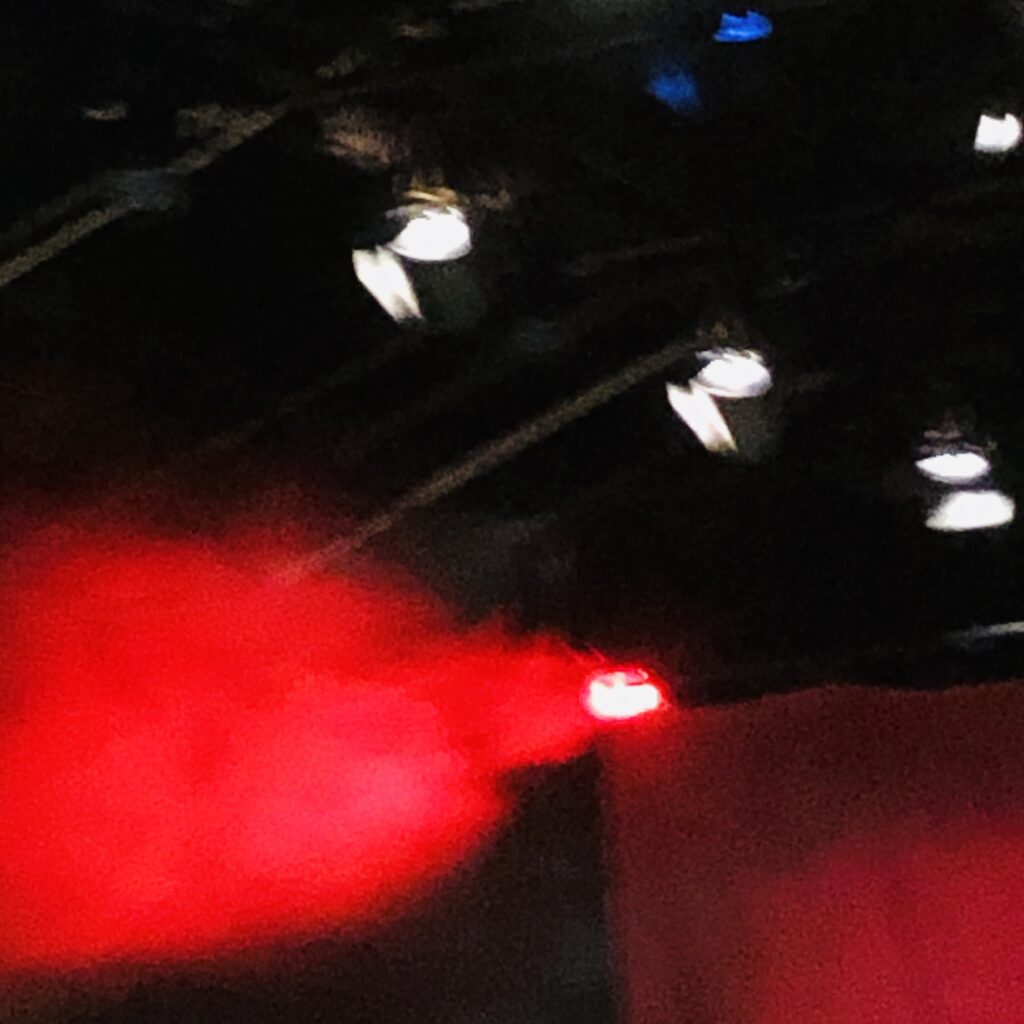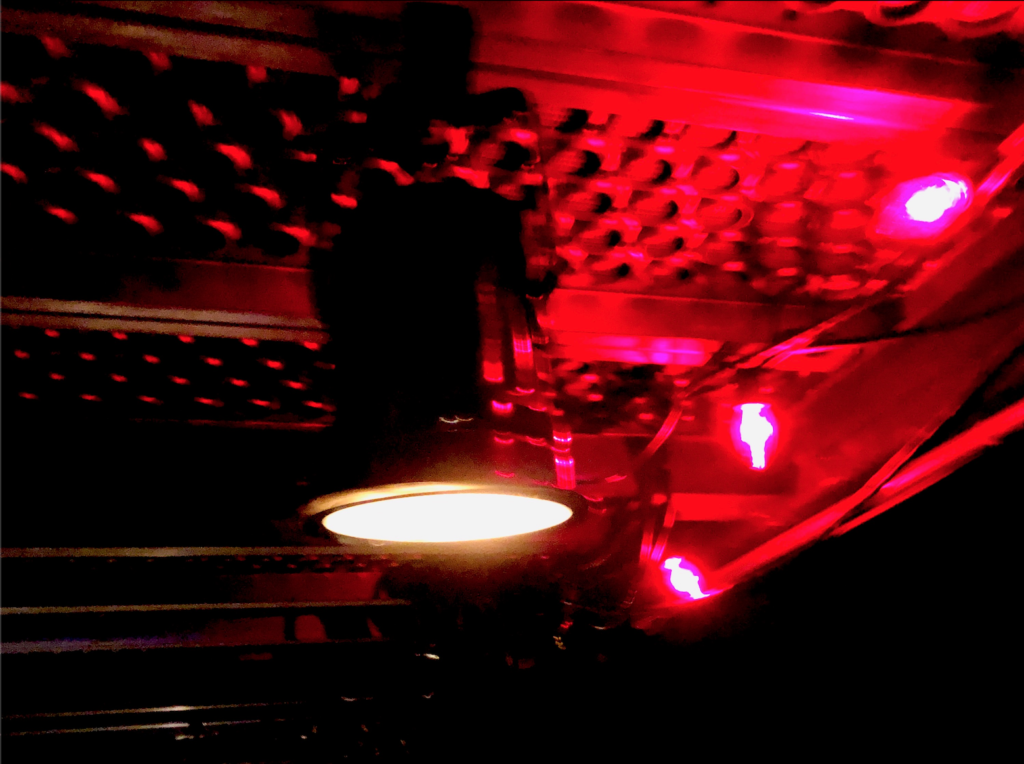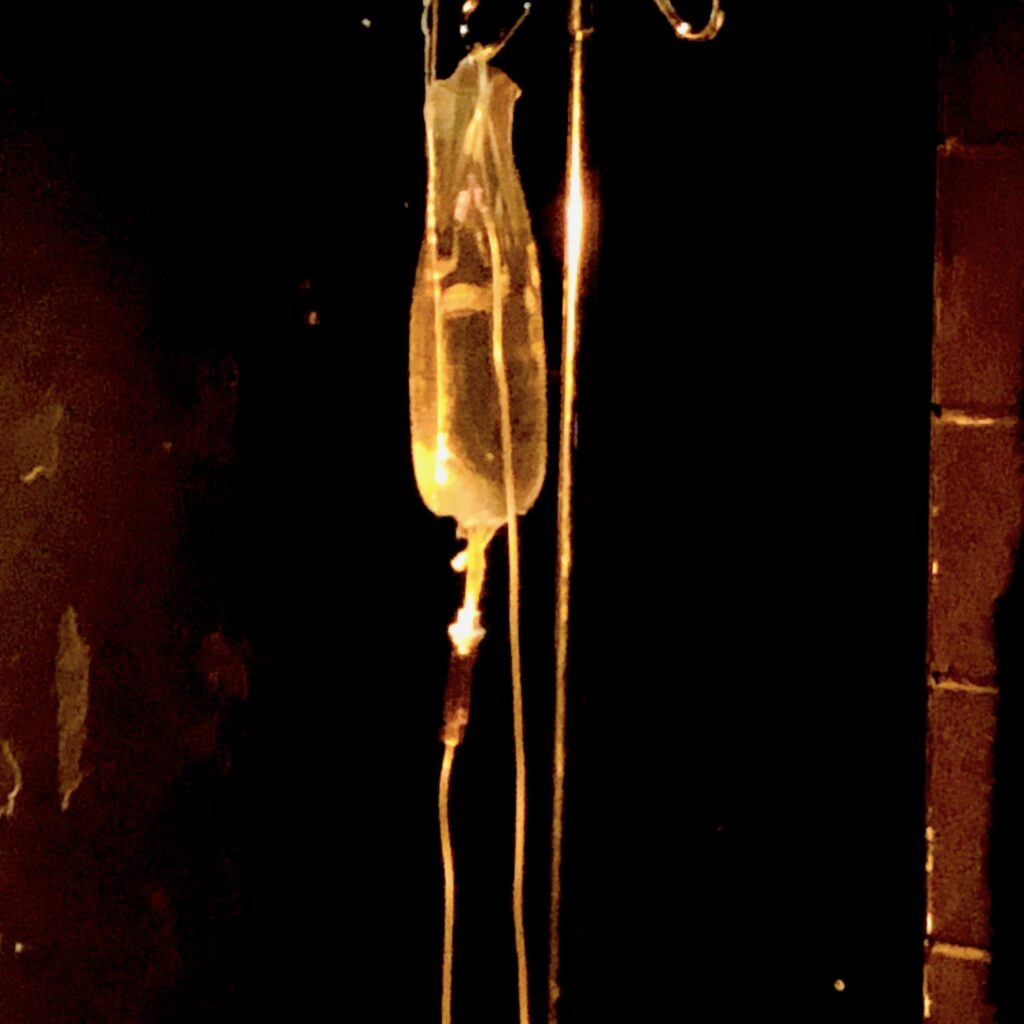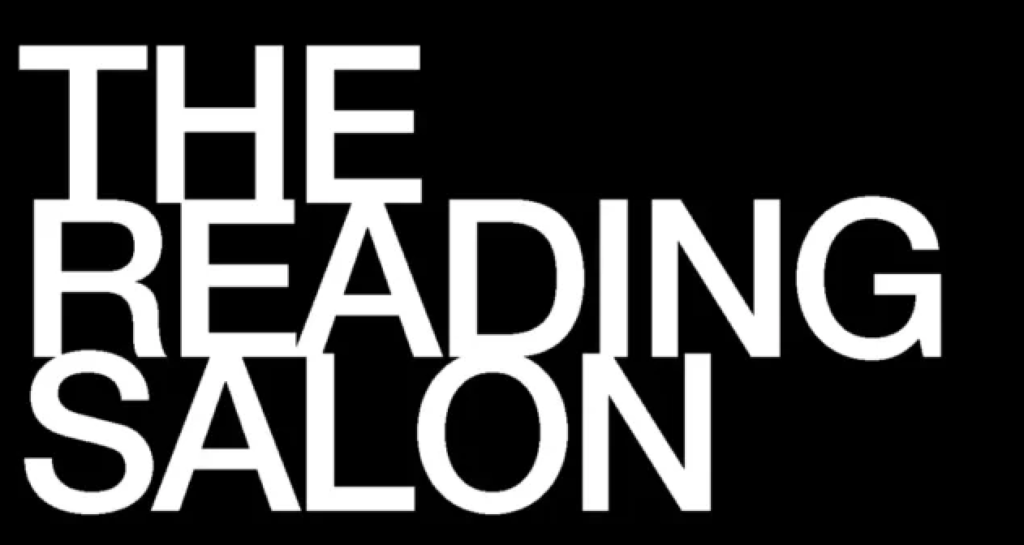Immerse yourself in the transformative brilliance of Tony Kushner’s seminal two-part play, Angels In America, delving into the complexities of HIV/AIDS during the late seventies and early eighties. Debuting on Broadway in 1993, this compelling narrative follows two couples—one heterosexual, the other homosexual—navigating the intertwining paths of their lives amidst the profound stigma attached to the illness.
The pre-show music, meticulously curated to evoke an eighties nostalgia, where Bronski Beat and Erasure served as beacons of hope for the gay community, sets the tone for the journey ahead. Unlike the traditional setup witnessed in New York, with a raised stage and forward-facing row seating, this production diverged by immersing the audience in a notably more intimate setting. Dividing the main space into two, the set sliced down the theatre, flanking the audience on both sides, creating a mirror effect. This visual tactic, especially during scenes featuring the bed of each couple facing each other, effectively transformed the space into a reflection of itself, heightening the dramatic tension. In contrast to the many off-Broadway productions, the decision to have the audience face itself, almost dismantling the fourth wall, fostered a heightened sense of intimacy which was most apparent in the closing scene of Part Two.


The portrayal of the gay couple, Louis and Prior (Ben Sanders and Allister Nathan MacDonald), seamlessly navigated conflicts, skillfully encapsulated the heart-wrenching disintegration of their relationship. Similarly, Wade Bogert O’Brien and Christine Horne delivered exceptional performances as Joe and Harper Pitt, a Mormon couple grappling with secrets and valium. The palpable dynamic between them was most evident in the heavy silences punctuating their dialogues.
Jim Mezon’s portrayal of the self-centered New York lawyer, Roy Cohn (based on a real person), added a pivotal link between the couples, showcasing the character’s hidden proclivity for other men. Special recognition goes to Soo Garay, who brought grace, presence and ferocity to her role as The Angel who lost their wings. A pivotal character in Kushner’s work as it establishes the far reaching impact of HIV/AIDS on civilization as a whole. Kaleb Alexander, whose portrayal of Belize, Prior’s smart-as-whip, yet hysterical confidant, provided moments of reprieve from the emotional intensity. Brenda Bazinet, who played Joe’s mother Hannah, was thoughtfully portrayed, adding depth to the character. Also noteworthy is Bonnie Beecher, the production’s lighting designer, who created moody scenes, elevating the sometimes dark nature of the script.

Angels In America fearlessly confronts the HIV/AIDS crisis of an era when those afflicted were unjustly vilified. With its epic duration—part one spanning three and a half hours and part two an imposing four and a half—time seamlessly elapses, thanks to the enveloping environment crafted in the staging. Director Craig Pike pays splendid homage to Kushner’s masterpiece while infusing the production with some inventive choices that breathe new life into this enduring work. It’s worth noting that the stage configuration did present some blocking issues, with actors occasionally having their backs to large portions of the audience for extended periods. It should be noted that only one of the actors identifies as queer, and although the cast consisted of high-calibre actors who had previously been in the Shaw Festival, it remains a curious choice given the venue. Despite this, it remains a production worthy of attention, and will leave audiences with the characters lingering in their minds well after the lights have gone down.
Angels In America serves as a poignant symbol of optimism, courageously confronting the themes of mortality and the inherent flaws within humanity. It serves as a testament to the idea that angels are not relegated to a distant afterlife; rather, they actively exist within our midst.

Review & photos by Raymond Helkio for The Reading Salon.
